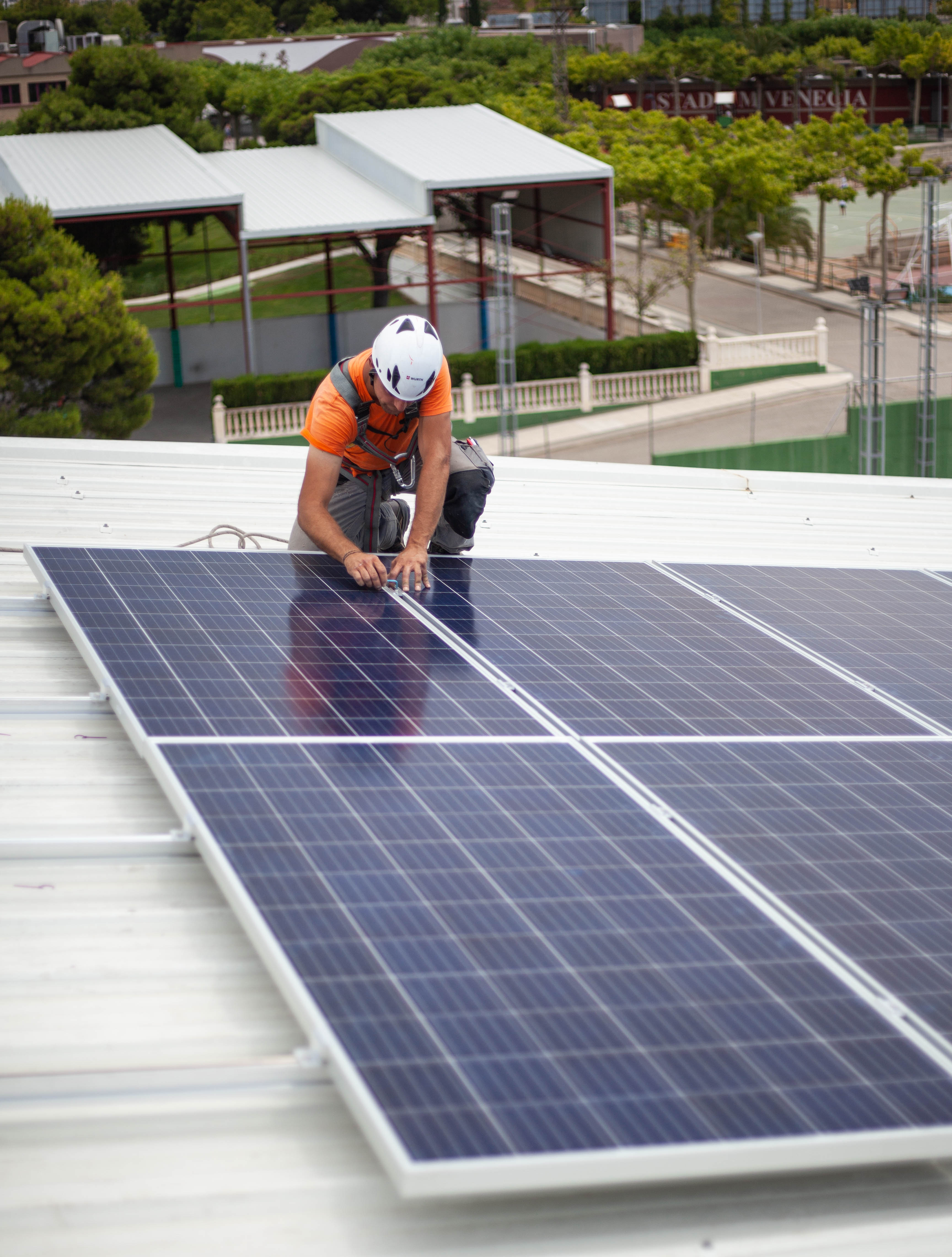
Energy efficiency, key to improve the entrepreneurial competitivity

• The “leading measures” of energy efficiency for a company are the change of luminaire and the reduction of consumption associated to fans and water refrigeration system, with consumption savings of up to 50%
• The promotion of solar self-consumption increases significatively the efficiency, with a production equivalent to the average annual consumption of 350 households, per each MWp installed
• The fuel change from a boiler to natural gas or biomass achieves up to 30% of savings
• Energy efficiency contributes to the achievement of the Sustainable Development Goals, that are part of the UN’s Agenda 2030.
Actions like changing the lighting to LED light bulbs, investing in high performance equipment, reusing the heat coming from ovens in order to preheat water or air, or substituting the propane, gasoil or fueloil of heaters for that of natural gas, entail a significative energy saving for companies.
The biggest difference in consumption (what one could call “leading measures” of the energy efficiency) is achieved in the change of luminaire, that can achieve up to 50% of the savings in the lighting consumption, and in the reduction of consumption associated to fans and water refrigerator systems (from 25 to 50% of savings).
In the case of the change from a boiler to natural gas or biomass, the saving ranges from 15 to 30%. Other energy optimization measures, like leaks’ fixture, pipes’ renovation or the installation of new air compressors, represent up to 20% of savings. Generally, the greatest consumption focuses on lightning, climatization, refrigeration systems, transport and IT material.
These numbers are obtained from different measures implemented by the energy company EDP for its entrepreneurial and industrial customers, within the line of energy efficiency projects offered, counting on the most modern and innovative technologies of the market. All of them have as a goal to boost competitivity and to increase energy savings, without affecting the production.
Self-consumption, key to a greater efficiency in Spanish companies
The installation of self-consumption solar plants is another of the measures that promotes entrepreneurial competitivity. The company generates, per each installed MWp, the self-consumption equivalent to driving 9M km with an electric vehicle, or the annual average consumption of 350 households.
Furthermore, these installations can be controlled through apps and real-time management and monitorization systems, which enables to optimize their use even more.
Solar self-consumption also reinforces one the companies’ priorities, the one of environmental commitment. The production of 100% renewable energy from this MWp avoids the emission of more than 300 tons of CO2 into the atmosphere, that is, what 24 000 trees would absorb.
The energy efficiency contributes to UN’s Agenda 2030
The promotion of energy efficiency contributes decisively to the achievement of Sustainable Developpement Goals, SDG, with which EDP is committed. The adoption of energy efficiency measures and circular economy, both the own and the one from the customers, is one of EDP’s priorities in order to contribute to the success of this global goal set by the UN.
Energy efficiency is the optimization of the energy consumption for several comfort conditions and service levels and is becoming a matter of priority to energy consumers. The limited nature of traditional energy resources, its prize and its environmental impact, are some of the reasons inspiring the development of the market of services related to energy efficiency, among which EDP stands out, as a company that is in constant innovation and oriented towards the customer.
To many PYMES and large companies, counting on a company that solves every challenge related to energy, and works as a partner, is more important every time. Its income statement depends greatly on this decision.